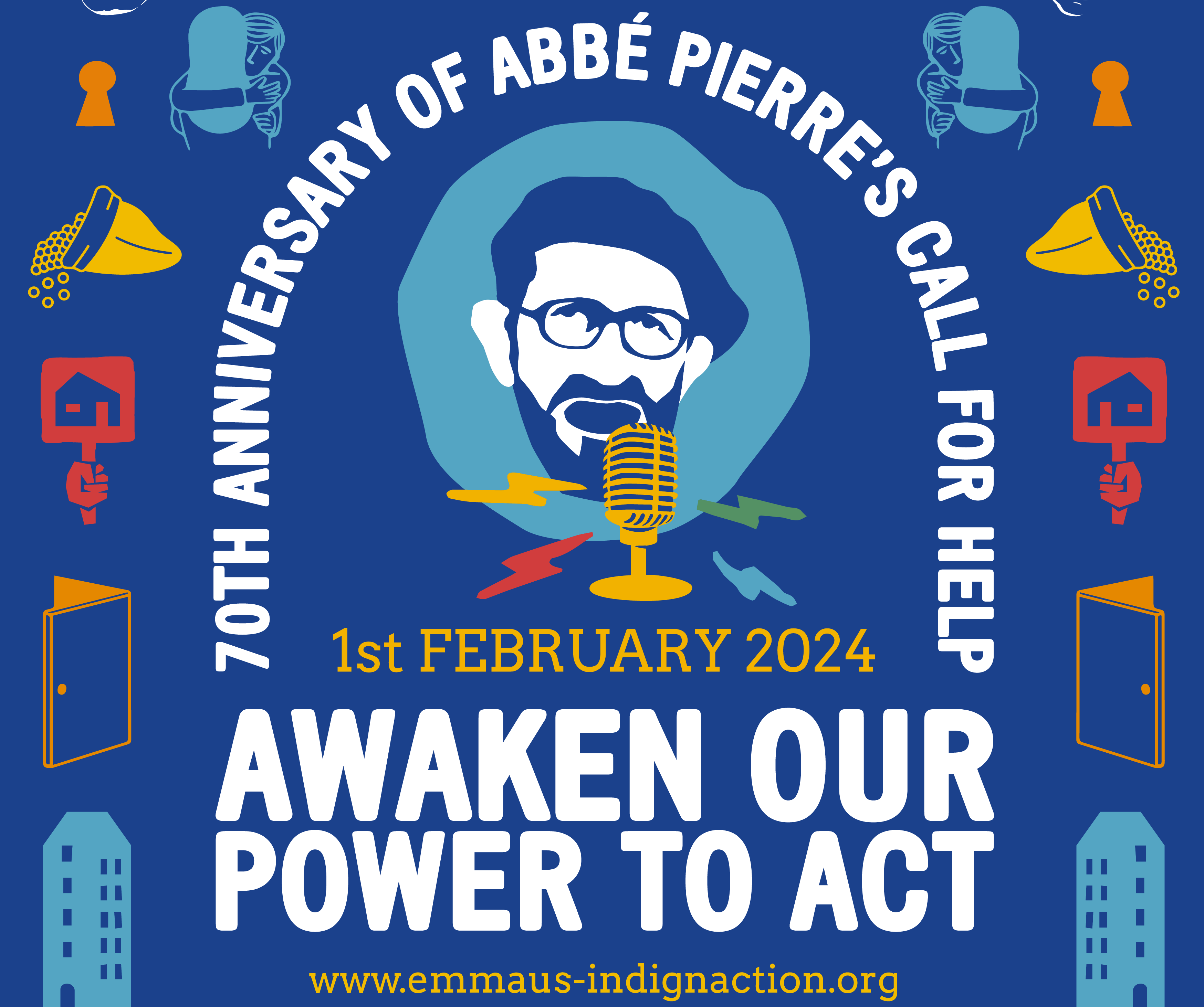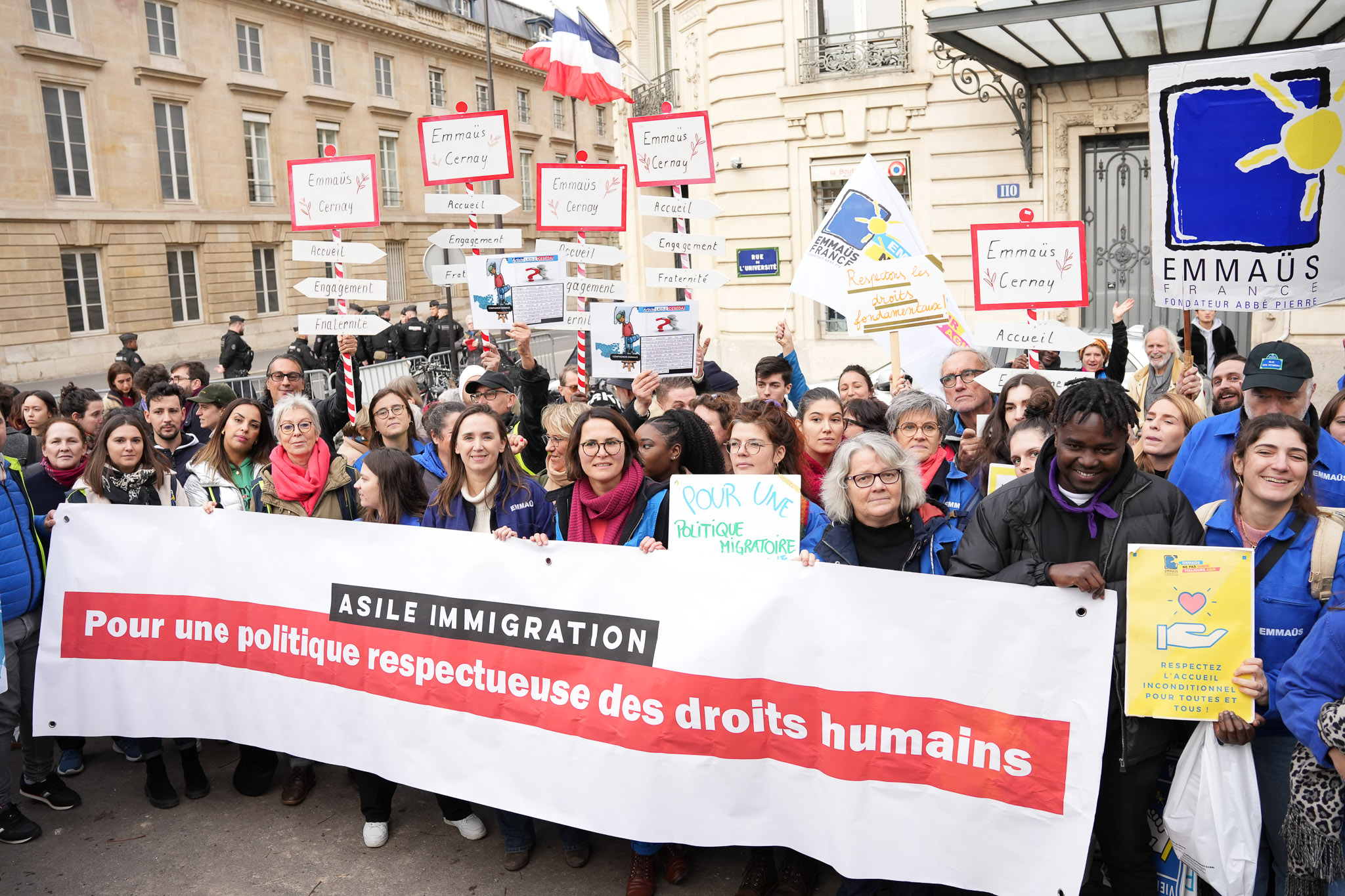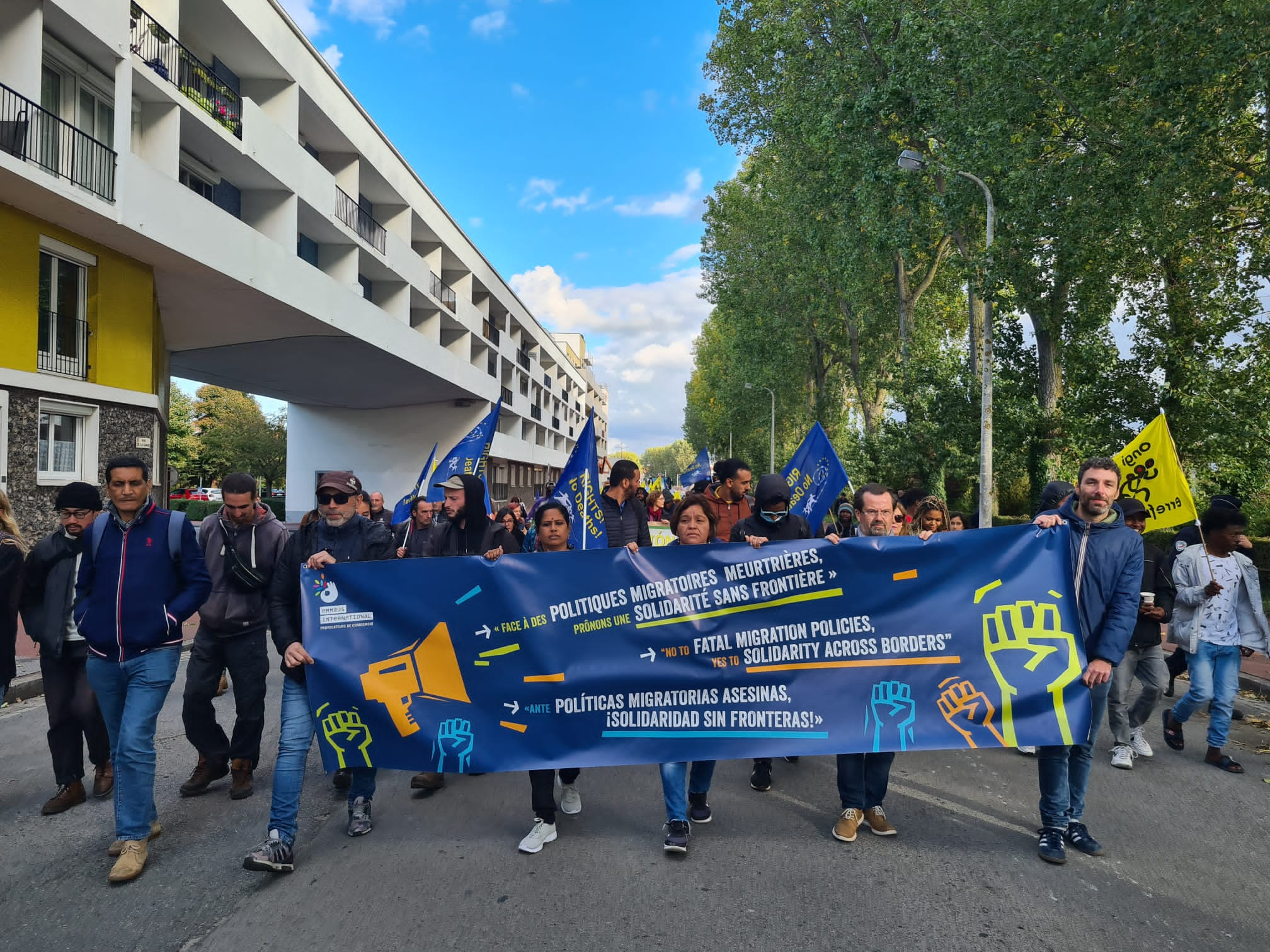"Speaking out is to face up to and challenge authority"

Yvonne Toba, spokesperson for the No Vox movement in Côte d’Ivoire, was at the first edition of the Forum of Alternatives. She explains the ongoing fight in her country against the monopolisation of natural resources.
How did you first get involved with No Vox?
I first became involved as civil society organised, notably with young people. I began in my village as General Secretary of Youth, then worked at local and national level.I spent my whole childhood and teenage years in rural areas. I’m the daughter of a fisherman. We live on a lagoon and our primary activity is fishing, which is how we earn a living.
However, we are victims of the monopolisation of the lagoon and its resources by multinationals. Our lagoon is highly sought after! This is the pitfall of modernisation – companies come and set up at the water’s edge. Not far from my village, the cement company, SI Béton, was set up and occupies a significant part of the lagoon bay. It prevents the small fishermen like my parents from working. Multinationals have filled the area which limits the area in which they can fish. The authorities don’t say anything because they are complicit with the situation. It is this situation which led me to express my despair and start working with No Vox which is fighting this issue.
How do you fight the violation of the communities’ rights?
We campaign with the fishing communities, and peasant farmers who fall victim to land grabbing by multinationals with the complicity of our authorities, against the country’s general interest. For example, we’re working on a case in western Côte d’Ivoire, where a mining company, which has been operating there for a number of years, has monopolised more than a thousand hectares of villagers’ land.
One village has even completely disappeared because the villagers were displaced in order to set up a company there. They were re-accommodated in a new village that is much smaller than their own one. So they’ve basically had to move somewhere else! What’s more, they now want to further develop the companies and seize more land in neighbouring villages.Our villagers have land tenure but the village authorities are complicit with the companies. They know that our parents are illiterate, that they don’t know their rights, so they aren’t able to stand up for themselves.
The “well-informed” authorities should stand up for the villagers and defend their cause. Instead, they are the persecutors and are complicit with the multinationals. Decisions are taken on behalf of the village communities who are directly affected. The villagers are not kept informed. They are simply told they have to go, and that’s just how it is. They are really desperate, but they don’t have a voice and don’t know who to turn to. This is happening in several villages in Côte d’Ivoire. Our parents are truly victims of monopolisation and nobody’s talking about it. And when you do talk about it, you’re threatened. We have been victims of threats ourselves several times already, because we spoke out against the situation.
In many countries, social movements are being criminalised. Where do you find the courage to rise up against politicians who are complicit with such big economic lobbies?
Our motivation stems from us being a voice for the “voiceless”. We want to defend our parents and their rights. We know that what we are doing is fair and worthy. The nature of the struggle we lead drives our desire to commit ourselves to it even more. Our parents, who are victims, are involved too. They’re motivated and this encourages us further still. We know what we’re doing is risky. Speaking out is to face up to and challenge authority. But we’re happy to take that risk and make our voices heard loud and clear. If we don’t say anything, in twenty or forty years’ time, some of our villages will no longer exist and there won’t be room for our parents – the poorest – in this country in which multinationals and capitalism have taken over.
How do you mobilise communities in a context in which power relations are highly imbalanced?
We reach out to communities and look into how they can set up a No Vox committee. Their members keep us informed about cases of monopolising and rights violations. They alert us to a situation and, at our level, we try to support the people affected so they can lead their campaign in the area. If needed, we go to the area ourselves to fight alongside the committee. The No Vox committee serves as a go-between in case of human rights violations.
What does the future hold for the No Vox movement in Côte d’Ivoire?
In the long term, we plan to set up centres and monitoring committees in several regions, particularly in the centre of the country, where parents have no points of contact. They are very isolated and don’t have information about what is happening in the capital. That’s where we really need to focus our efforts.Over the long term, we also want to extend our reach to the whole of Côte d’Ivoire, so that our parents know that there are people there to help fight their corner. People who are there to make their voices heard where they need to be heard so that at local level, laws are abided by and so that they can keep what is rightfully theirs – the land.
For us, land is an asset to be handed down from one generation to the next. When land is taken from communities, you have to wonder what will become of them, because they live off it! It’s the land that feeds them. When their land is taken away from them, nobody thinks about how they’ll feed themselves. Food sovereignty needs to be upheld because if people in rural areas don’t have land to farm, they are left to their own devices. This will lead to crime and unemployment. Our authorities are not concerned about this and this is a danger that needs to be eliminated before it develops any further.
What are you expecting from this first edition of the Forum of Alternatives?
It’s an opportunity to share our campaigning experience and to forge new ties. Working alone in our country, we won’t be able to achieve our aims. We need to set up alliances at international level with movements that have experience in our field of action. It’s highly important we take part in this Forum in order to meet them so they can offer us guidance, and so we look at strategies together.
We have a duty to speak out. That’s why it’s important to take part in this type of gathering. We make the voice of the “voiceless” heard in our different countries.We can also garner support, not necessary financial, but support in order to put pressure on our rulers so that they back down. That’s what it’s all about!
Interview in Geneva, on 17 September 2018


